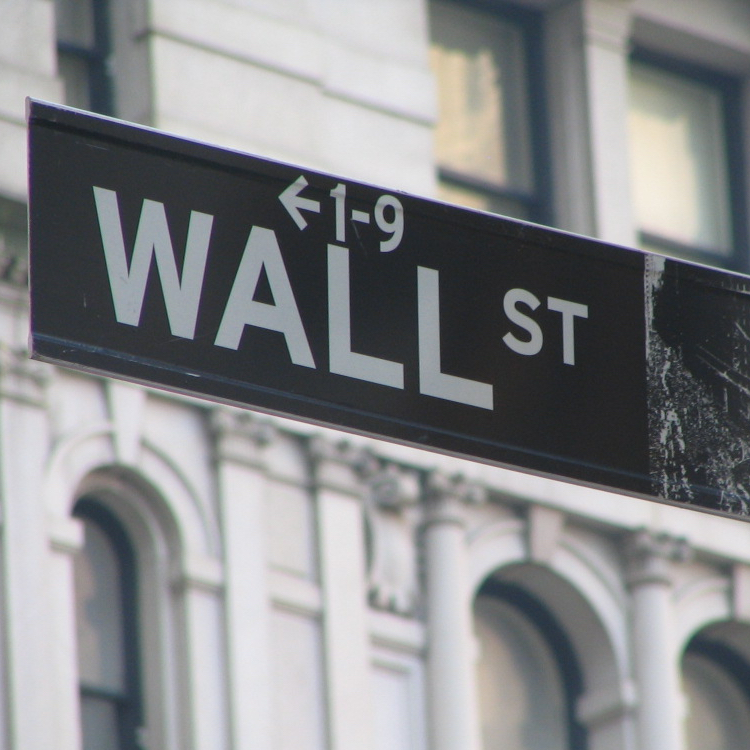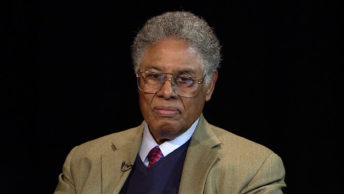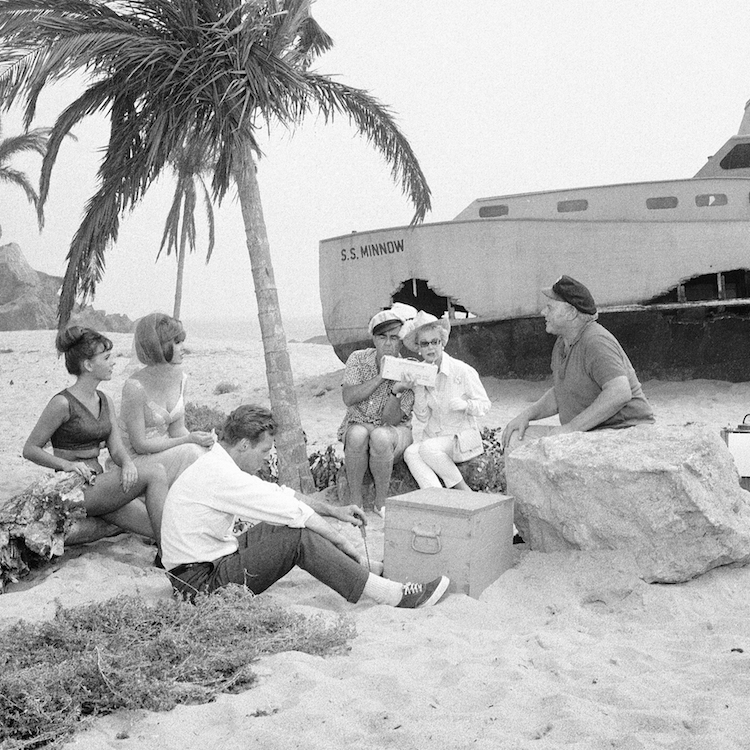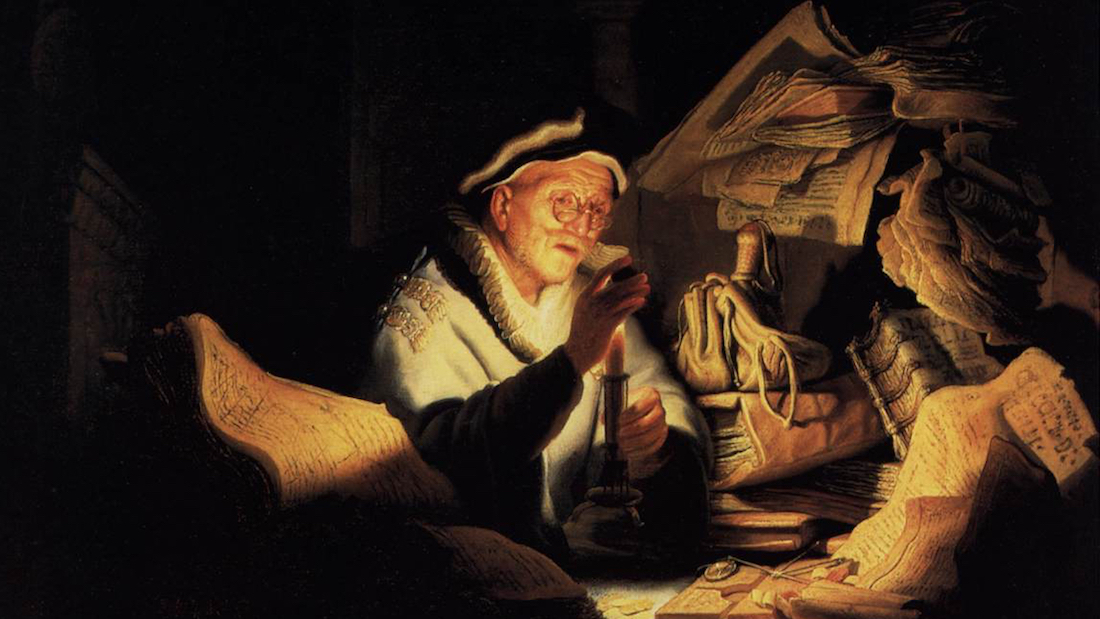The constant turmoil on Wall Street is an apt subject for personal meditation. It should give most Americans pause to think seriously about their financial and material situations. This kind of meditation is sure to include a consideration of the many economic, political accusations and controversies that cloud our futures.
When investments go bad and the economy periodically falters, taking with it millions of lucrative jobs, the automatic reaction is to lay blame on someone in power’s doorstep. Since the 1940s the easy targets for the public’s venom have been the fat cats on Wall Street.
The 1987 movie, Wall Street, added a provocative phrase to the American lexicon that provided an extra layer of support for these accusations during persistent days of economic and financial uncertainty. One of the supporting characters, Gordon Gekko, played admirably by Michael Douglas, said in all positive sincerity that greed is good. On its surface it seems like a selfish thing to say. But like most things in the Bible, its truth resides in the interpretation.
As one financial observer asked rhetorically: Is not ‘greed ‘ just another word for self-interest? His comment was not far removed from Adam Smith’s classic The Wealth of Nations that taught about the importance of the Invisible Hand, which he defined as people’s self-interests coalescing to support an economic structure. Those blessed with clarity of vision can easily recognize God’s Providence in this.
When thinking about wealth from a Catholic perspective, the first thing that comes to mind is the biblical allusion to the Eye of the Needle. This story was treated in all the Synoptic Gospels, especially Matthew 19:23-24, where Jesus said it is hard for a rich man to enter the kingdom of heaven. Again I tell you, it is easier for a camel to go through the eye of a needle than for a rich man to enter the kingdom of God.
There are a myriad of interpretations for this citation but I think they all share a common thread in that wealth brings with it a proportionate number of responsibilities that require greater attention and concern for our fellow man than we might expect to find from people who live in closely guarded gated communities.
For Catholics, wealth is always a mixed blessing. By its nature, wealth is purely neutral. It can be used for good or evil. The dangers of wealth revolve around its corresponding power. It can be used to build a hospital or an abortion clinic. It can be used to clothe the naked and feed the hungry or it can be used to buy a closet full of shoes or furs or stuff oneself with caviar and champagne. That’s what free will is all about.
The 2nd century teacher, Clement of Alexandria, wrote a treatise called Who is the Rich Man that Shall be Saved in order to explain that neither poverty nor wealth are sinful nor righteous of themselves. What matters is how people respond to their relative riches or penury. Rich Christians should know the companion verse in Luke 12:48 and unto whomsoever much is given, of him much shall be required: and to whom they have committed much, of him they will demand the more.
According to authors Mike Aquilina and James L. Papandrea book’s Seven Revolutions, Clement’s treatise as well as other Church documents, favored a symbiotic relationship between wealth and penury. God gave riches to some with the hope that they would give to those in need.
The poor have a corresponding responsibility to pray for the souls of the wealthy. Jesus discouraged his disciples in thinking that wealth was earth bound. Instead he wanted them to understand that true spiritual wealth transcends riches and treasures. And it can easily be shared with others on earth.
The fact that Gordon Gekko has become a stock character in the debate on economic inequality and equality points to the underlying prejudice against wealth that has been with us for several generations. I sometimes wonder where the Catholic Church would be without the generosity of its wealthier members. I think all Catholics should examine their consciences and their attitude toward those who have much more than they do.
Catholics should also remember that while excessive greed can be harmful to one’s soul, it is a two-way street that can easily lead even poor people into sin. Those who covet the material possessions of others, even to the extent of stealing them, are also guilty of greed.
A more complicated sister version of greed is what psychologists call Schadenfreude. It means literally taking pleasure from the misfortunes of others, especially the wealthy. The 2009 crash and its historically long recovery with its attendant bankruptcies, social and economic displacements have provided more than enough temptation for this sin.
The Christian response to the vexing problems of wealth is that we all should pray for the scions of wealth that they use their financial blessings to foster the kingdom of God, help the poor and advance the teachings of Christ. To do anything else, especially to play the blame game, is to engage in a practice that is nearly as culpable as those of the greediest billionaire.








